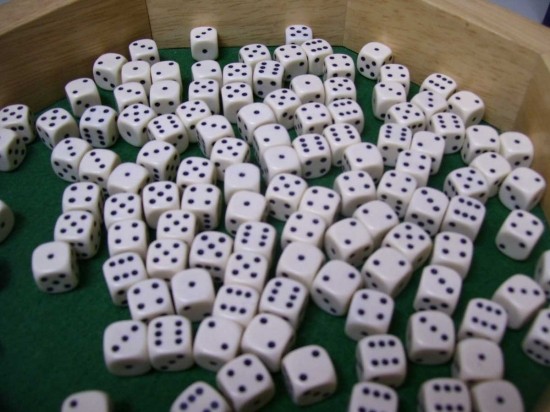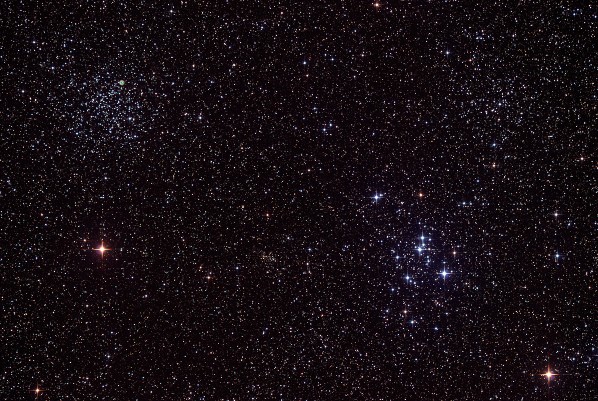Physicist: The increase of entropy is just how a scientist talks about the fact that the universe tends to do the most likely thing. For example, if you throw a bucket of dice you’ll find that about a sixth of them will be 1, about a sixth will be 2, and so on. This has the most ways of happening, so it’s the most likely outcome, and for the same reason it’s the outcome with the highest entropy.
In contrast, you wouldn’t expect all of the dice to be 4 at the same time, or otherwise assume one particular pattern. That would be a very unlikely and low entropy outcome.

Audrey Hepburn is one of the lower entropy states you’ll find. Or rather, will never find, because it’s so unlikely. You have to sit back and squint a little to see it.
“Entropy” is just a mathematical tool for extending the idea down to atomic interactions, where we don’t have a nice idea like “dice” to work with.
One of the things that increasing entropy does is to spread out heat as much as possible. If you have a hot object next to a cold object, then the heat will spread so that the cooler object heats up, and the hotter object cools down, until the two are at the same temperature. The idea (the math) behind that is the same as the idea behind mixing fluids or sands together. There are more ways for things to be mixed than sorted.
The same thing happens on a much larger scale. The Sun, and every other star, is radiating heat into the universe. But they can’t do it forever. Eventually the heat will have spread out so much that there won’t be warmer objects and cooler objects. Everything will be the same temperature. The same, very cold, temperature. The vast majority of the universe is already screaming cold, so the heat death of the universe is just about burning what fuel there is and mixing the heat so created into the ever-expansive, cold, and unyielding cosmos. Both the burning of fuel (mostly through fusion in stars) and the distribution of heat are processes which increase entropy.
Once everything is the same temperature, the universe attains a “steady state”. With no energy differences, there’s no reason for anything to change what it’s doing (all forces can be expressed as an energy imbalance or “potential gradient“). Heat death is the point at which the universe has finally settled down completely (or almost completely), and nothing interesting ever happens again.
Which is depressing, but it is a fantastically long time away. There are a hell of a lot of other bad things that’ll probably happen first.
The eminent philosophers Flanders and Swann have a more up beat take on the heat death of the universe:
“Heat is work, and work’s a curse,
and all the heat in the universe,
is gonna cool down. ‘Cause it can’t increase,
then there’ll be no more work, and there’ll be perfect peace.
That’s entropy, man.”









61 Responses to Q: Why does the entropy of the universe always increase, and what is the heat death of the universe?